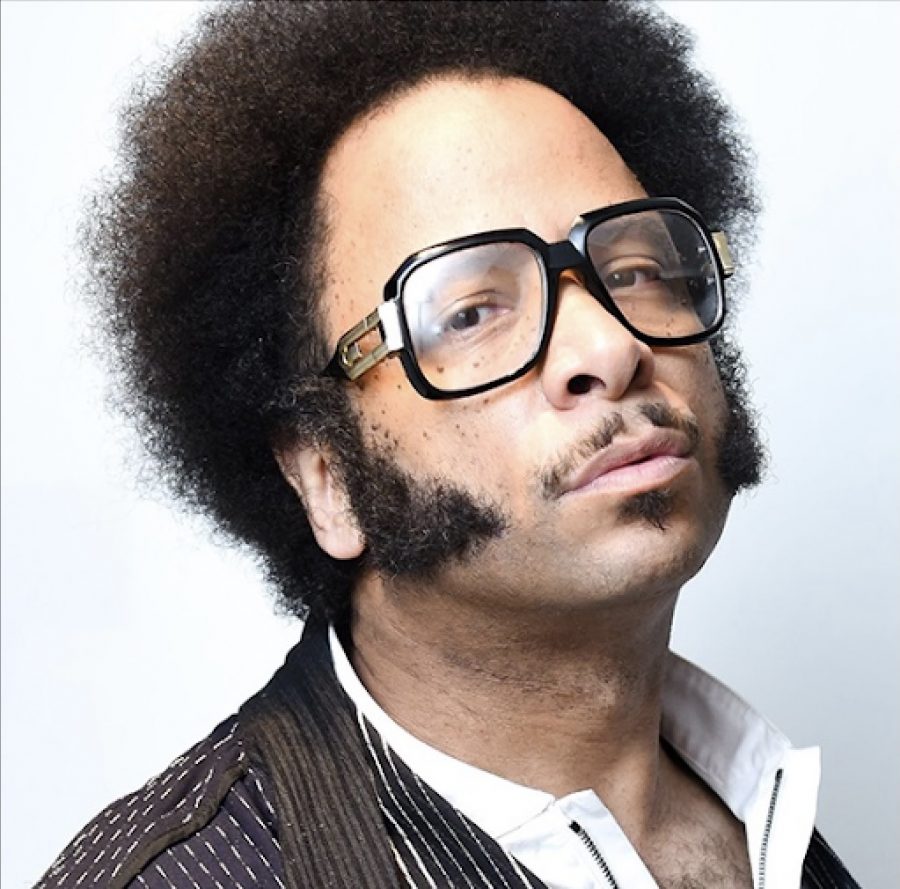Acclaimed musician and film director Boots Riley spoke to Santa Rosa Junior College students about how labor strikes add teeth to protests March 16 over Zoom.
Riley, frontman of Oakland based hip-hop band The Coup and director of “Sorry to Bother You,” was the keynote speaker of SRJC’s annual We the People conference in association with North Bay Organizing Project.
To get rid of all types of oppression, Riley said we must get rid of the system that exacerbates it: capitalism. He believes we need to organize at the workplace because the main motor of capitalism is labor.
“Our power stems from the fact that we work and we’re exploited. Being able to exercise our power comes from being able to collectivize our struggle,” Riley said.
This is the crux of the movement; owners of capital need workers to profit, and the need for labor is the worker’s greatest bargaining chip. Riley said student-run protests are important but limited in scope, because they don’t halt production and immediately stop profit.
“[Student protests are] not like 30,000 people who are saying, ‘We’re going to shut down your industry,’” he said.
Riley has been involved with civil rights movements since the ‘80s, and said the numbers in the streets today dwarf what he saw in the ‘60s, when there were hundreds of thousands in the streets. Today, we are seeing millions, yet the movements haven’t proportionally increased in influence.
“I’ve seen things rise and fall. I’ve seen people get excited and then demoralized, and then excited again,” he said.
A common roadblock for activists is being unaware of what to do once they organize for a protest. Often organizers would say “I don’t know, lift your voice up loud and let your feelings be known.” This can result in people growing resentful of protests for not creating significant change.
He disagreed with the sentiment, but admitted there’s some truth to it.
“A demonstration in and of itself, no matter how many millions you have out there, is not the thing that affects change,” he said.
Riley points out that separating protests from the working class is like separating theory from practice. They become just about the spectacle, and rely on theories to perpetuate themselves.
“It’s not just organizing on the job saying ‘Hey, we don’t like this, can you change it?’ It’s saying, ‘We’re shutting things down until you do this thing differently. You can have less money or no money.’” Riley said.
Protests in the 1960s weren’t just typical union strikes. They were diverse protests with the goal of building a new society.
The largest liberal legislative achievements ever, the New Deal and the Civil Rights Act of 1964, passed because of strikes. Riley said FDR didn’t come up with the idea for the New Deal himself, but got behind it because the possibility of a real revolution taking place in the U.S. was too severe.
“It had nothing to do with getting the right person in office. It had to do with people working around where power is for the working class,” Riley said.
It was from there movements became more specialized. Nowadays, revolutionaries will meet to march for police reform, whereas they used to organize and march against capitalism.
Riley said these groups turned into what we would eventually call “the New Left.” The strategy of the New Left was to concentrate their movements within cities and colleges. While these displays are not pointless, they often fail to achieve their goals because they do not halt companies from profiting, who in turn donate to politicians.
“If you want to control what policy is, it’s not through elected officials. It’s from their puppeteers. And how do you control their puppeteers? By shutting industry down.” Riley said. “It was a demonstration of power, not just a demonstration of thought.”
He gave the example of workers at the Bay Area Tesla factory who walked out as a protest. Then-CEO Elon Musk was so fearful that he gave everyone the day off to make it seem like it wasn’t a strike.
“This is how we create a new world in which we have democratic control over the wealth we create with our labor,” Riley said.




